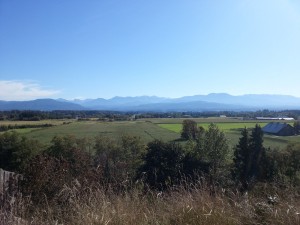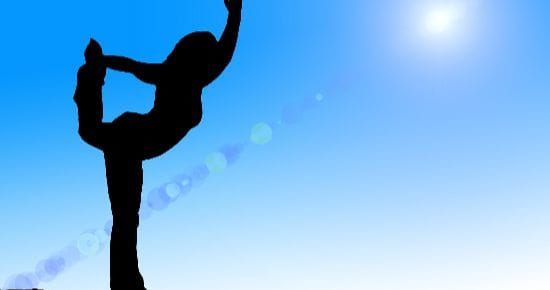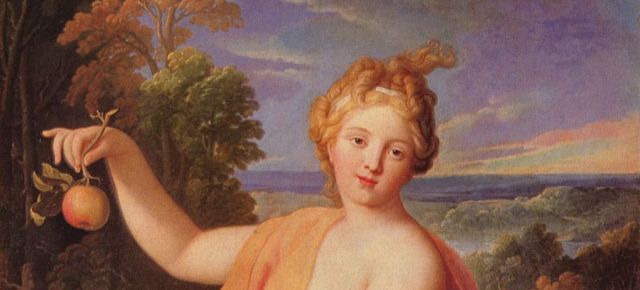There’s a conversation going on among Pagans about cultural appropriation. I’m re-examining my own work in light of these discussions.
What is ownership? What do I own? Well, to start with, I own the copyright to The Woman Magician. I spent significant time thinking the ideas in the book, writing them, editing them, and sharing them.
If someone loaded an efile of the book onto a file sharing site without my permission that would be theft. When people justify this kind of theft by saying “ideas want to be free”, I argue that I am happy to share the ideas. People have written about my work and have entered into dialogue with me and that is thrilling. These folk put their own work into the discussion, so it’s an exchange. Giving away the book doesn’t share the ideas, it steals my labor and offers me nothing in return. U.S. copyright law is with me on this.
In The Woman Magician there is a ritual which tells four stories from four corners of the world. For the Americas I picked a Cherokee story about Grandmother Sun. This story is available on the web and I told it in my own words, so copyright law doesn’t treat this as a theft. However, since I wrote the book my own journey has taken me farther down the road of thinking about the impact of what I do, and now I am wondering if I acted with integrity.
I don’t know the Cherokee people. I know something about my native neighbors, most of whom belong to the Salish Nation. These peoples have a different approach to intellectual property than the European. Here’s an illustration. Recently white allies were invited to meet with native people for a water blessing to protect the waters of the Salish Sea and my family went to the event. A native man played a drum and chanted. The first song he specifically asked us not to try to learn, only enjoy. About the second song he said “If you can catch it you can keep it.”
The second song exemplifies cultural sharing. I was invited to the event as a white person and given explicit permission to learn the song. But what if I had learned the first song? If I recorded it and sold it that would violate copyright law. Suppose I learned it and just sang it to friends, or to myself? That might not violate copyright law, but it would still be theft by Salish standards.
There are white people who argue that learning that first song and singing it is perfectly appropriate. It’s just cultural borrowing – cultures always learn from one another – there are other songs very similar to that one. Really, there is no such thing as cultural appropriation.
These arguments are tone-deaf. (Tone-deaf is how we describe white people who saying racist things when we don’t want to call them ‘racist’ and offend other white people).
I come from settler stock. My people came to this continent, killed most of the people on it, and stole their land. Then we stole people from Africa and used their free labor to build the economic infrastructure. I was born poor, my personal family didn’t have money, but because I am white I have been able to live in places only white people live and take jobs only white people get to have to build my personal wealth.
Exchange only happens when people are meeting as equals. But there is a hierarchical relationship between my people and the Salish or the Cherokee. My people didn’t just kill most of the native people, we also forbade them to practice their own culture. The Suquamish people, my nearest neighbors, only rebuilt their tribal longhouse ten years ago. So for me to learn the song I was asked not to learn would not be “exchange”, it would be another instance of the use of force.
Who decides what is cultural exchange, what is cultural appropriation, and whether cultural appropriation is theft? European American culture has trained me to believe that I can take whatever I want from native people and brown people and black people. I don’t have to ask permission and I don’t have to pay attention to what they want or need. As a thoughtful person who tries to live with integrity I disagree consciously. But it’s awfully easy, way too easy, to just take something and use it, until someone stands up and tells me I’m wrong.
As a spiritual person, if someone calls me out on cultural appropriation it’s my responsibility to listen. Salish people aren’t just hanging on to the rights to their songs to make money off them. They are often given songs in spiritual moments. Maybe the song I was permitted to learn was made by a person, or a spirit that wanted to share, and maybe the song I was asked not to learn was given by a spirit who did not wish it to be shared. If I steal a song like that I’m not just stealing from the person, or the tribe, I am stealing from the spirit who gave the song. I might be within my legal rights, and have the cultural force to take without permission, but it would be a spiritual transgression. So why would I do it?
It’s taken this whole essay to tease out the issues around a single instance, the retelling of a story. In the cultural appropriation discussion people object that we would have to do the same work around all the contested artifacts – wearing dreadlocks, singing hip-hop, doing belly dance. Well, yes, we do have to do that work. If our spirituality requires stealing stuff, it isn’t particularly spiritual, eh?
As a first step I’m going to go talk to the web site I learned the Cherokee story from and figure out whether they had permission to share it, and follow that trail until I satisfy myself that it’s legitimate. If it’s not meant to be shared I’m going to pull it from the ritual. I want my work to be clean. I know there is a lot more for me to look at in the traditions I follow and help to shape, but this is at least a start.




